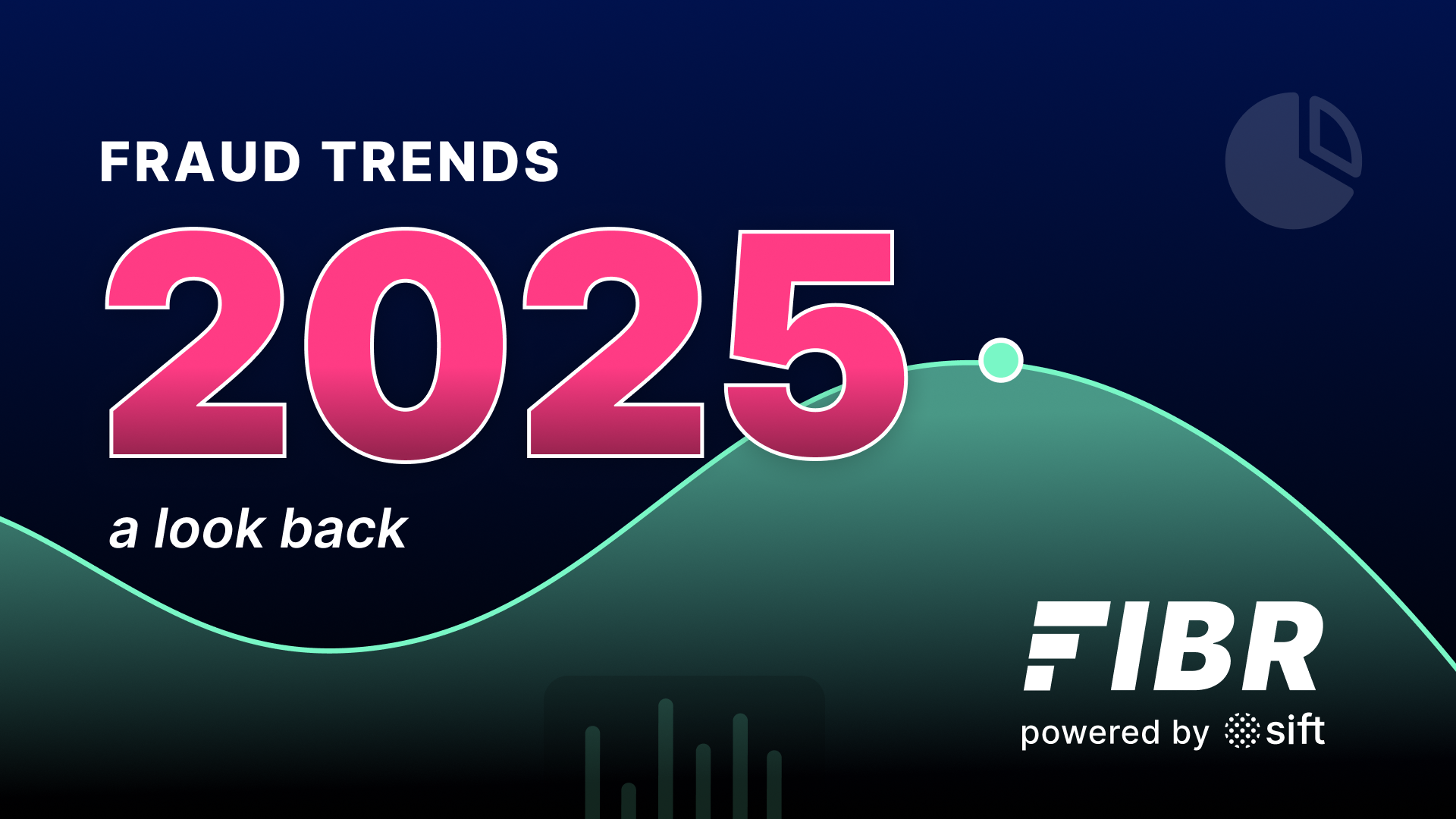Imagine a thriving online business owner suddenly facing an unexpected surge of chargebacks and fraudulent transaction claims. This scenario presents a dual challenge: diminishing profits and a strained relationship with the payment processor. The urgency for a solution is clear, but where to begin?
This situation is far from unique. Many business owners encounter similar challenges each year. In fact, the projected global merchant chargeback cost for 2024 is a staggering $54.5 billion. To safeguard your business and customers, implementing effective chargeback prevention strategies is crucial.
This blog explores the factors driving the increase in transaction disputes and offers practical ways to reverse this trend for your business. By understanding the root causes and adopting proactive measures, you can protect your revenue and maintain strong relationships with both customers and payment processors.
What are Chargebacks?
Chargebacks happen when customers challenge a transaction through their bank or credit card provider, leading to a reversal of payment to the merchant. This process differs from customer disputes, where customers directly address concerns with the business, allowing for resolution without third-party involvement.
Chargebacks can stem from various sources, including:
- Fraud Claims
- Customer Disputes
- Technical Errors
- Merchant Errors
- Authorization Issues
Understanding these different types of chargebacks is important for digital businesses. Each category presents unique challenges and requires specific strategies to prevent and manage chargebacks effectively. By recognizing the nature of chargebacks, you can develop targeted approaches to minimize their occurrence and protect your business’s financial health.
What are the Common Causes of Chargebacks?
Chargebacks can stem from both legitimate customer concerns or dissatisfaction and fraudulent activities. At its core, a chargeback represents a claim that a merchant failed to fulfill their transaction obligations.
Understanding the most common causes is the first step to developing effective prevention strategies:
- Fraudulent Transactions: These occur when unauthorized individuals use stolen payment information to make purchases. This “true fraud” often results in chargebacks when the rightful cardholder discovers the unauthorized activity.
- Merchant Errors: Mistakes in billing or shipping processes can lead to customer disputes and subsequent chargebacks. Accurate order fulfillment is key to preventing these issues.
- Customer Dissatisfaction: Product quality problems or service-related issues may prompt customers to initiate chargebacks rather than seeking resolution directly with the merchant.
- Technical Issues: Glitches in payment processing systems can cause transaction errors, leading to chargebacks when customers don’t recognize the charges.
- First-Party Fraud: Also known as “friendly fraud,” this occurs when legitimate customers dispute charges they actually made. This can happen intentionally or due to forgetfulness, making it particularly challenging to address.
Ultimately, identifying the common causes of chargebacks allows you to address these issues proactively, reducing the likelihood of disputes and financial losses.
Why is it Important to Prevent Chargebacks?
Preventing chargebacks is crucial to safeguard your revenue, maintain strong relationships with payment processors, and enhance overall customer satisfaction. Here’s a closer look at why chargeback prevention should be a top priority:
- Protecting Revenue: Chargebacks result in direct financial losses through refunds and associated fees. By minimizing these incidents, you preserve your hard-earned revenue and maintain a healthier bottom line.
- Maintaining Good Standing: Payment processors closely monitor chargeback rates. Keeping these rates low helps you maintain positive relationships with these crucial partners, ensuring continued access to the payment solutions customers expect.
- Improving Customer Satisfaction: Proactively addressing issues before they escalate to disputes reinforces customer loyalty. This approach not only prevents chargebacks, but also builds trust and encourages repeat business.
- Reducing Fraud: Implementing robust chargeback prevention measures often involves strengthening your overall fraud detection and prevention capabilities. This dual benefit protects both your business and your customers.
- Optimizing Operations: Dealing with chargebacks consumes valuable time and resources. By preventing them, you free up these resources for other important priorities, optimizing your overall operations.
How to Prevent Chargebacks for Your Business
Preventing chargebacks requires a combination of improved security, optimized operations, and better customer service across your business. Here are some of the ways you can prevent chargebacks as well as ensure the safety and satisfaction of your customers:
-
Clear Communication
Misunderstandings often trigger chargebacks. Provide comprehensive product descriptions to align customer expectations. Offer transparent pricing and billing information to avoid surprises. Clearly state and document return and refund policies, assuring customers of swift problem resolution.
-
Improve Customer Service
Build positive customer relationships by offering multiple support channels for prompt issue resolution. Respond quickly to inquiries and complaints, aiming to address concerns before they escalate to chargebacks.
-
Use Fraud Prevention Tools
Combat fraud with Address Verification Systems (AVS) to detect suspicious transactions. AVS adds security by cross-referencing billing addresses. Implement 3D Secure (3DS) authentication for identity verification during payments, enhancing transaction security.
-
Optimize Billing Descriptors
Customers are less likely to dispute charges when they can easily identify the merchant. Use recognizable business names on statements to avoid confusion. Always include contact information in descriptors to make it easy for customers to reach out with questions or concerns, providing a direct line of communication that can help prevent disputes.
-
Keep Detailed Transaction Records
Having clear and organized records of transactions, including dates, amounts, and shipping details, can provide the necessary evidence to ensure that chargebacks are resolved in your favor. Document customer communications for reference, verifying that any interactions related to orders are recorded and easily accessible.
-
Use Chargeback Alerts
You can also prevent chargebacks by subscribing to chargeback notification services to stay informed of potential disputes. These alerts allow you to monitor your transactions and act quickly on potential disputes, giving you the opportunity to address and resolve issues before they escalate into formal chargebacks.
-
Offer Easy Refunds
Streamline the refund process to address customer concerns promptly. Too often, customers will initiate chargebacks simply because the merchant fails to address their concerns within a reasonable timeframe. By making refunds straightforward and efficient, you can encourage customers to contact you before disputing charges.
-
Implement AI-Powered Fraud Detection
To respond to the highly dynamic threat landscape of digital fraud, it’s essential to use AI and ML to enable proactive and comprehensive fraud prevention strategies. Advanced technological solutions enhance protection by using predictive analytics to foresee high-risk transactions, allowing you to take preventative measures before fraud occurs.
Two other features to look for are anomaly detection and advanced pattern recognition algorithms. Anomaly detection monitors and flags unusual behavior, while advanced algorithms uncover hidden patterns in data, providing a strong defense against fraud and reducing the likelihood of chargebacks.
Why Sift is Your Best Solution for Preventing Chargebacks
Robust fraud prevention and chargeback management are essential for protecting your business and customers. By effectively preventing chargebacks, you safeguard revenue, enhance customer satisfaction, and streamline operations. Digital businesses need a comprehensive strategy that encompasses improved customer service, advanced fraud prevention tools, and efficient refund processes.
Sift is on the frontline in the fight to reduce chargebacks and streamline transaction management. Prevent fraudulent transactions and reduce chargebacks with our payment fraud solution while boosting growth with enhanced acceptance rates for trusted users. We also make it easy to manage chargebacks and reclaim revenue with Sift’s chargeback solution. Sift’s tools and features streamline the dispute process and protect your bottom line by offering:
- A Single Source of Truth: Oversee all dispute operations from a single, user-friendly console, providing a unified view of your chargeback landscape.
- Chargeback Prioritization: Leverage automation to identify and focus on the most impactful chargebacks, optimizing your dispute resolution efforts.
- Revenue Protection: Sift proactively blocks fraudulent transactions and provides timely alerts, significantly reducing dispute rates and strengthening your financial security.
- Chargeback Rate Reduction: With Sift, you can achieve a remarkably low fraudulent chargeback rate of 0.08%, minimizing financial losses and preserving your bottom line.
- Industry-Leading Performance: Sift’s chargeback management maintains a fraudulent chargeback rate that is 97% lower than the industry average, keeping your business well ahead of competitors.
Sift’s comprehensive platform transforms your approach to chargeback prevention, offering unparalleled protection and efficiency. By choosing Sift, you’re not just adopting a tool—you’re embracing a strategic partner committed to safeguarding your revenue and enhancing your customers’ trust.
Discover how Sift can protect your payment processes from checkout to chargeback, ensuring secure and prosperous growth for your business.







